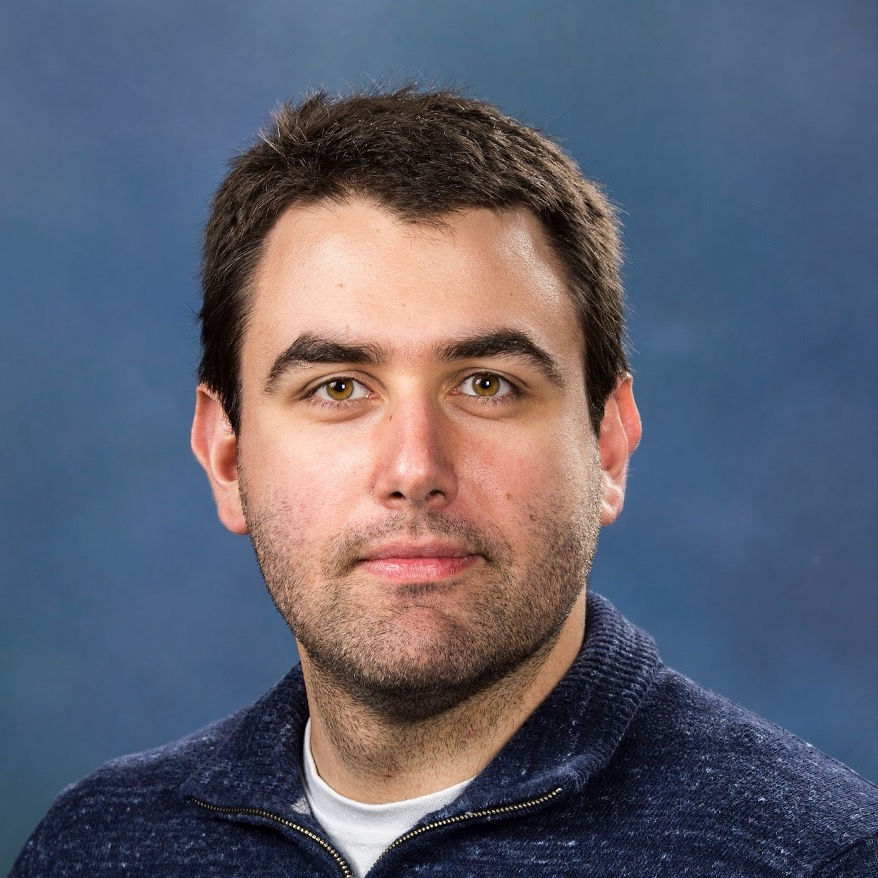
Ludmil Alexandrov, M.Phil., Ph.D.
University of California San Diego
January 19th, 2023 - Anthology of unusual patterns of somatic mutations in cancer genomes
Ludmil Alexandrov is an Associate Professor at the University of California, San Diego (UCSD). Dr. Alexandrov received his Ph.D. in 2014 from the University of Cambridge researching mutational processes and signatures in human cancers at the Wellcome Sanger Institute. Dr. Alexandrov then went on to research as an Oppenheimer Fellow at the Los Alamos National Laboratory from 2014 to 2017 before becoming an Assistant Professor of Bioengineering and of Cellular and Molecular Medicine at UCSD in 2018. He was appointed as an Associate Professor at UCSD in 2021.
His research on mutational signatures and algorithms for mutational signature decomposition in human cancers has received numerous awards and recognition: recognition from the American Society of Clinical Oncology (2014), the Fred Hutchinson Cancer Center’s Harold M. Weintraub Award (2015), Science magazine’s Prize for Young Scientists in Genomics and Proteomics (2015), Oxford University Press’ Carcinogenesis Young Investigator Award (2016), Alfred P. Sloan Research Fellowship in Computational & Evolutionary Molecular Biology (2018), the Balfour Prize Lecture of the Genetics Society (2018), The International Academy for Medical and Biological Engineering’s Early Career Award (2018), the Packard Foundation’s Packard Fellowship for Science and Engineering (2019), and the Outstanding New Environmental Scientist Award from the National Institute of Environmental Health Sciences (2020).
Dr. Alexandrov’s many publications have been cited 36,858 times as of August 2022. His lab develops and maintains the highly popular SigProfiler software suite for mutational signature analysis, and collaborates with Wellcome Sanger Institute to maintain the COSMIC catalogue of mutational signatures.
Recording
Slides
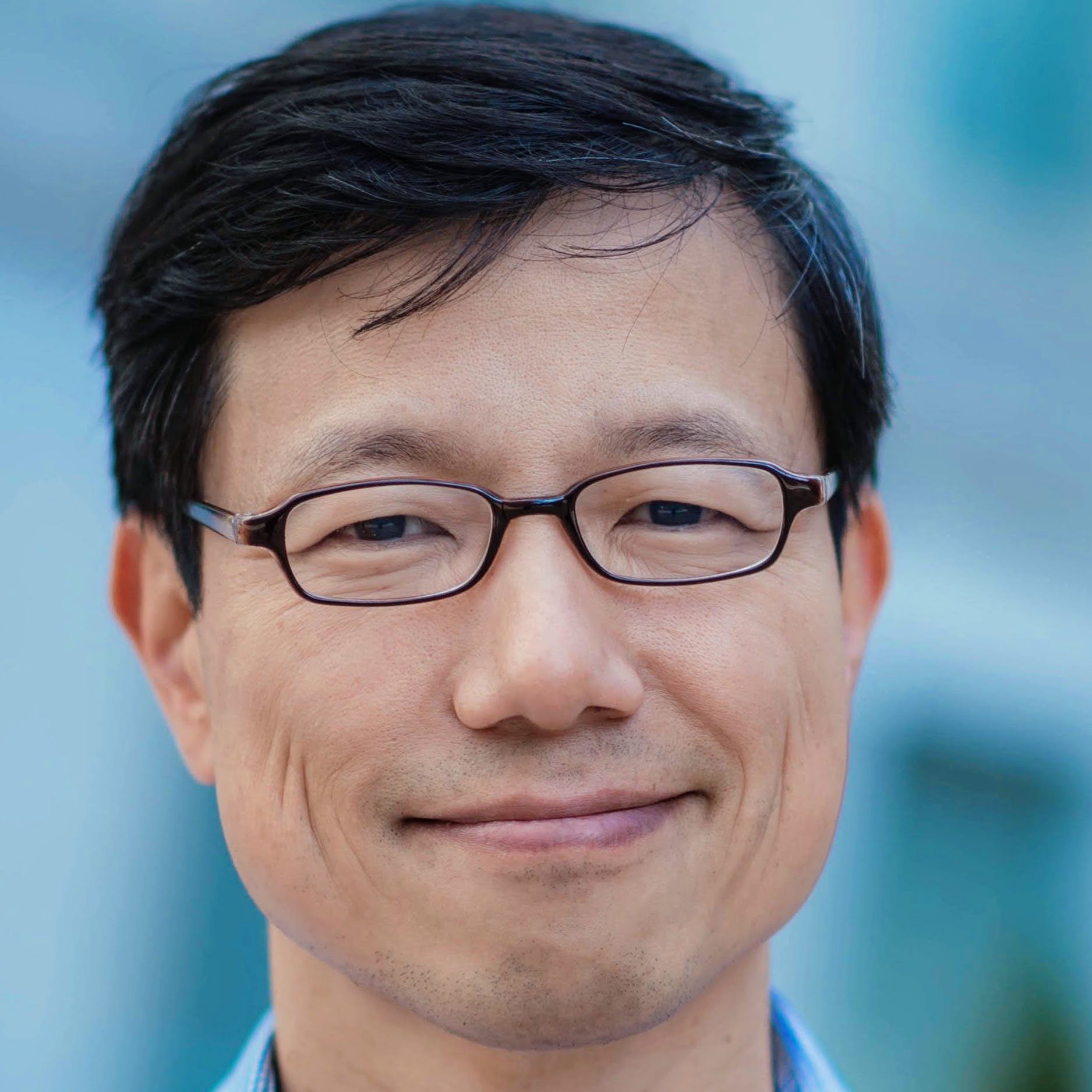
Peter Park, Ph.D.
Harvard Medical School
February 16th, 2023 - Structural alterations in cancer genomes
Dr. Park is a Professor of Biomedical Informatics at Harvard Medical School and the director of its PhD program in Bioinformatics and Integrative Genomics. His research group specializes in computational and statistical analysis of large-scale DNA sequencing data to understand genetic and epigenetic mechanisms related to disease processes.
Originally trained in applied mathematics (B.A., Harvard; Ph.D., Caltech), he was introduced to molecular biology and genetics during his postdoctoral studies in biostatistics. His laboratory has developed a number of algorithms for genome analysis, especially for identification of structural alterations from whole-genome sequencing data. His group has made substantial contributions to consortium projects such as The Cancer Genome Atlas (TCGA), Encyclopedia of DNA Elements (ENCODE), and 4D Nucleome (4DN).
Recording
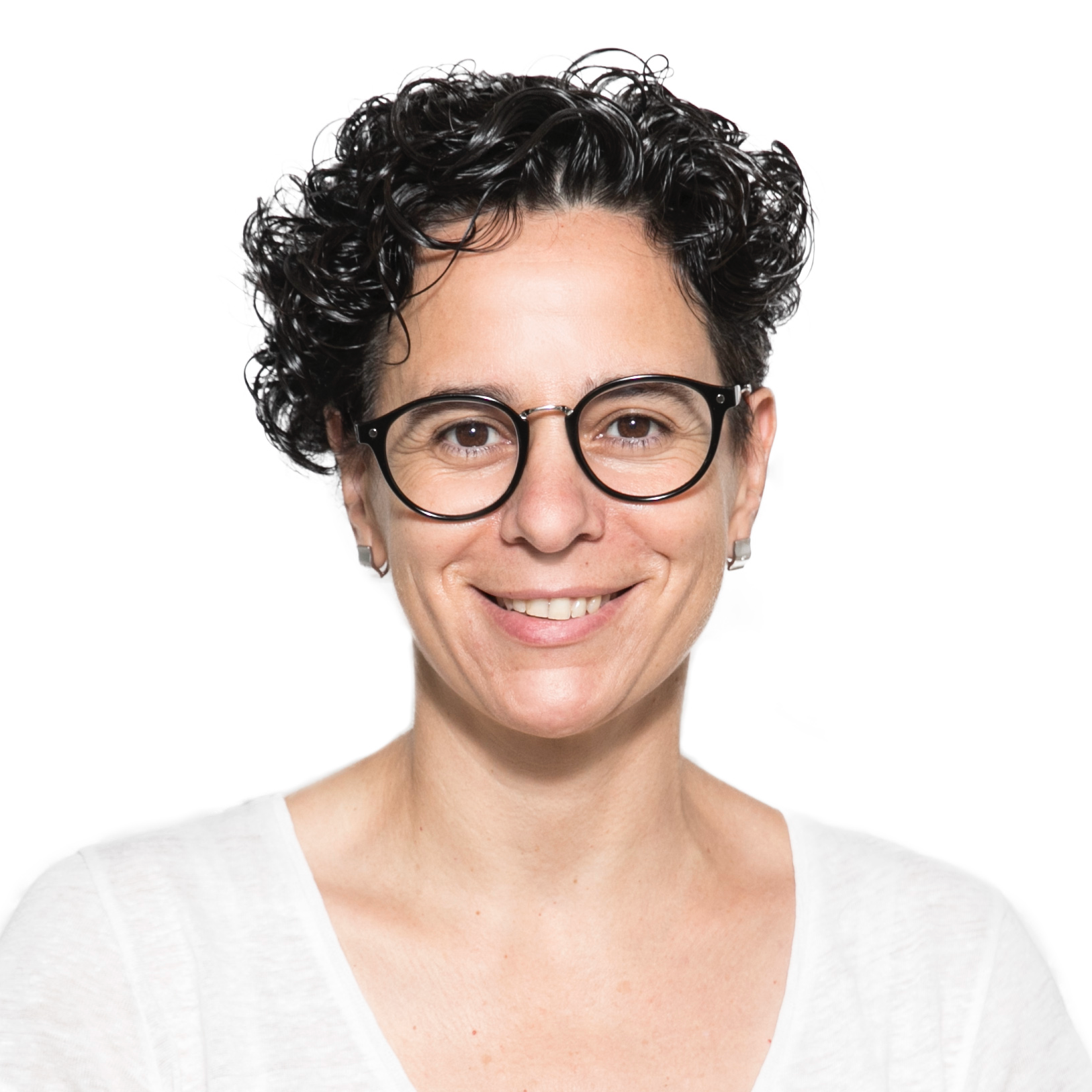
Núria López-Bigas, Ph.D.
Institute for Research in Biomedicine (IRB) Barcelona
March 23th, 2023 - Somatic mutations in tumors and normal tissues
Núria López-Bigas is an ICREA Research Professor at the Institute for Research in Biomedicine in Barcelona. She is interested in the identification of cancer driver mutations, genes and pathways across tumor types and in understanding the mutational processes leading to the accumulation of mutations in cancer cells.
Her lab combines strong expertise in biology and bioinformatics. They are the developers of IntOGen.org, a compendium of cancer genes across cancer types, and of CGI, a tool to annotate cancer driver mutations and biomarkers of drug response in individual tumors. Núria López-Bigas was elected member of the European Molecular Biology Organization (EMBO) in 2016 and Fellow of the International Society of Computational Biology (ISCB) in 2021.
Recording
Slides
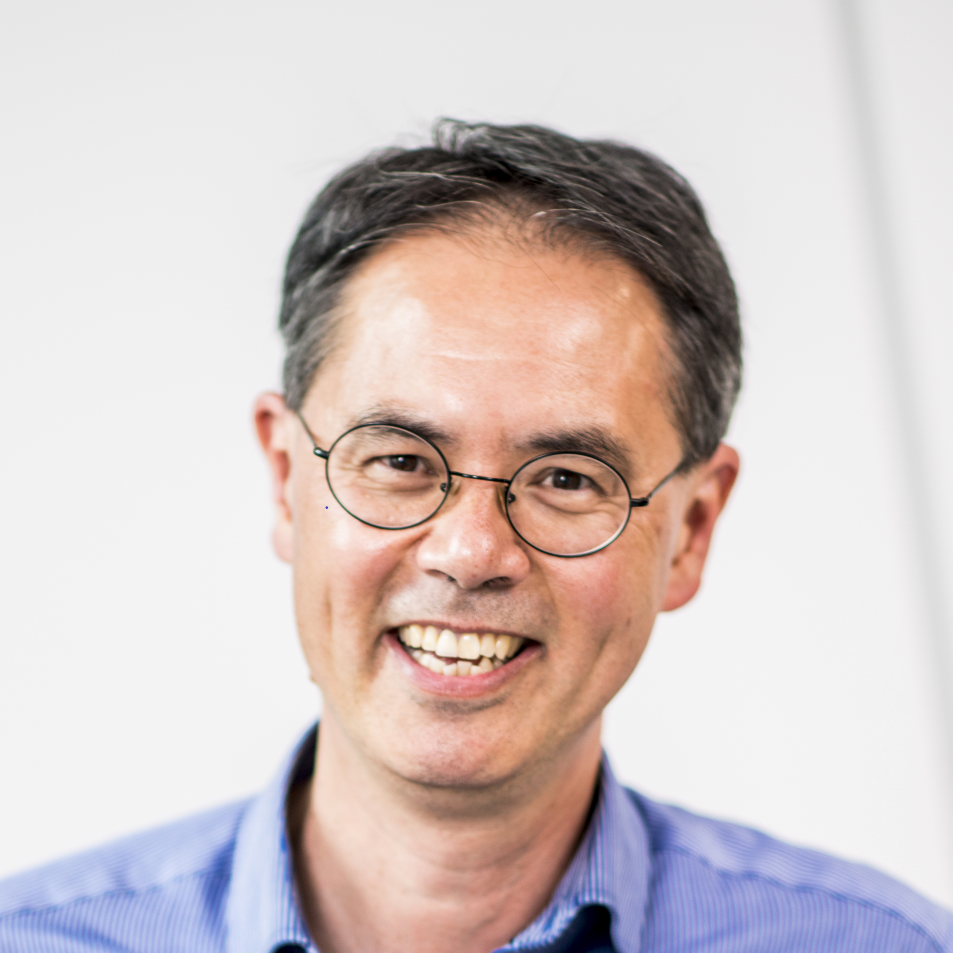
David Wedge, Ph.D.
University of Manchester
April 20th, 2023 - Tumour evolution in diverse human populations
David Wedge is a Professor of Cancer Genomics and Data Science at the Manchester Cancer Research Centre, University of Manchester. He was co-lead of the Evolution and Heterogeneity working group of the ICGC Pan-Cancer Analysis of Whole Genomes (PCAWG) project and is currently one of the leaders of the Pan Prostate Cancer Group. Much of the research in the Wedge lab is focused on tumour evolution, from the initial transformation of normal cells to cancer, through the acquisition of treatment resistance and to the formation of metastatic lesions.
The Wedge group have pioneered the development of computational methods to study heterogeneity in primary and metastatic cancers. Recently, the focus of the lab has shifted towards understudied populations, including the genomics of breast, ovarian, oesophageal and prostate cancers in ethnically diverse populations globally and the genomics of lung cancer in non-smokers.
Recording
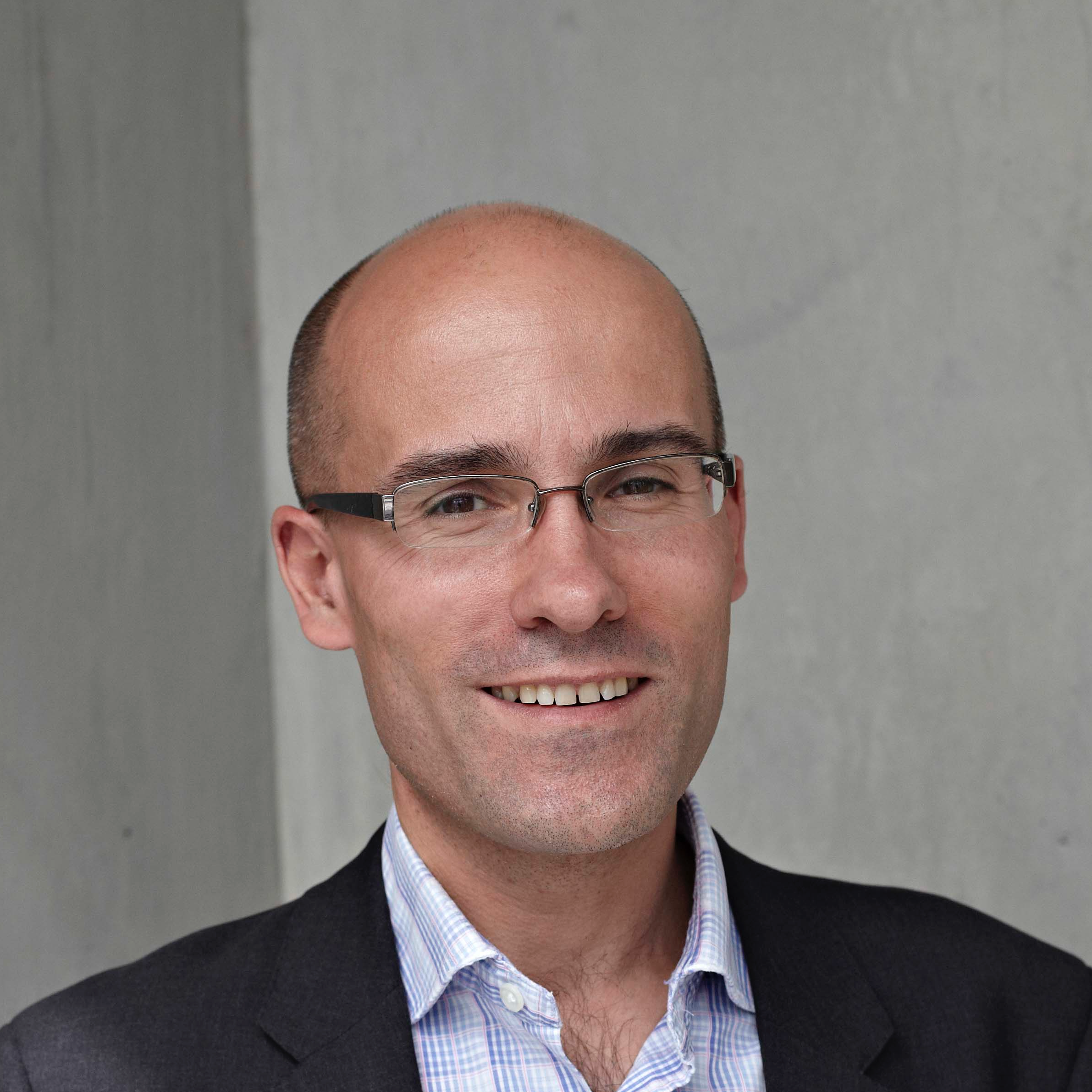
Charles Swanton, MBPh.D., FRCP, FMedSci, FAACR, FRS
Francis Crick Institute
May 25th, 2023 - Mechanism of Action and Inflammatory Axis for Air Pollution Induced Non-Small Cell Lung Cancer
Charles completed his MBPhD training in 1999 at the Imperial Cancer Research Fund Laboratories and Cancer Research UK clinician scientist/medical oncology training in 2008. He is a senior group leader of the Cancer Evolution and Genome Instability Laboratory at the Francis Crick Institute and combines his research with clinical duties at UCLH, as a thoracic oncologist, focussed on how tumours evolve over space and time. His research branched evolutionary histories of solid tumours, processes that drive cancer cell-to-cell variation in the form of new cancer mutations or chromosomal instabilities, and the impact of such cancer diversity on effective immune surveillance and clinical outcome. Charles is chief investigator of TRACERx, a lung cancer evolutionary study and the national PEACE autopsy program.
Charles was made Fellow of the Royal College of Physicians in April 2011, appointed Fellow of the Academy of Medical Sciences in 2015, awarded the Napier Professorship in Cancer by the Royal Society in 2016, appointed Cancer Research UK’s Chief Clinician in 2017, elected Fellow of the Royal Society in 2018, and Fellow of the Academy of the American Association for Cancer Research in 2020. He is an editorial board member of Cell, Plos Medicine, Cancer Discovery and Annals of Oncology and an advisory board member for Nature Reviews Clinical Oncology and Cancer Cell. In 2016 he co-founded Achilles Therapeutics, a UCL/CRUK/Francis Crick Institute spin-out company, assessing the efficacy of T cells targeting clonal neoantigens.
Charles has been awarded several prizes including the Stand up to Cancer Translational Cancer Research Prize (2015), GlaxoSmithkline Biochemical Society Prize (2016), San Salvatore prize for Cancer Research (2017) and the Ellison-Cliffe Medal, Royal Society of Medicine (2017), recipient of the Gordon Hamilton Fairley Medal (2018), Massachusetts General Hospital, Jonathan Kraft Prize for Excellence in Cancer Research (May 2018), the ESMO Award for Translational Cancer Research (2019), Addario Lung Cancer Foundation Award and Lectureship, International Lung Cancer Congress (July 2020), the Weizmann Institute Sergio Lombroso Award in Cancer Research (2021), International Society of Liquid Biopsy (ISLB) Research Award (2021), and the Memorial Sloan Kettering Paul Marks Prize for Cancer Research (2021).
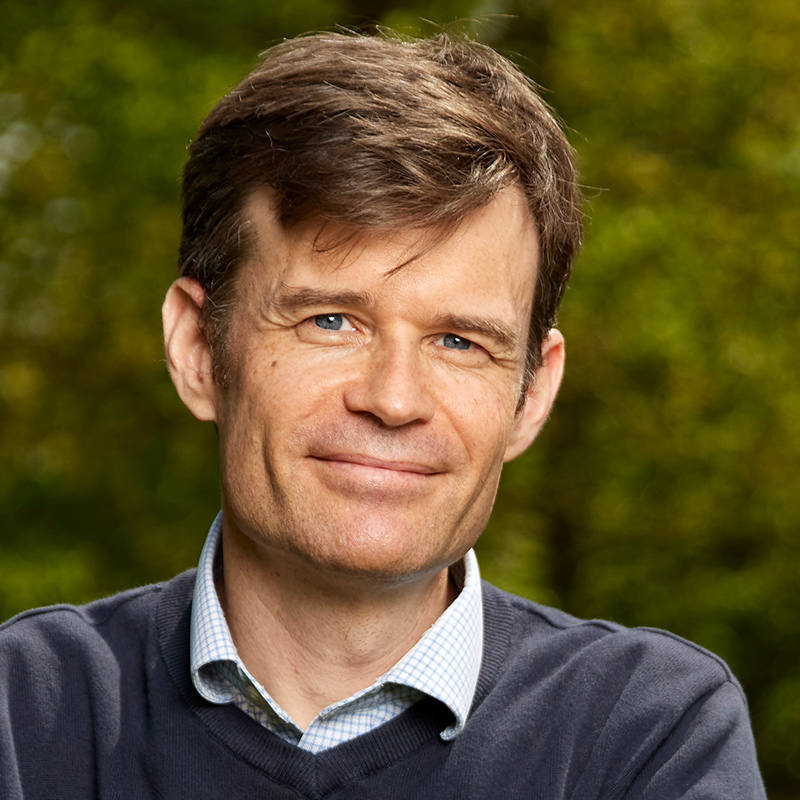
David Adams, Ph.D.
Wellcome Sanger Institute
June 8th, 2023 - Cross-species oncogenomics of melanoma and other malignancies to define disease drivers
Dr. Adams is a senior group leader in the Cancer Aging and Somatic Mutation program at the Wellcome Sanger Institute and leads the Experimental Cancer Genetics Laboratory. He is co-head of the Cambridge Cancer Centre Cell and Molecular Biology Program, a Fellow of the Academy of Medical Sciences and the Royal College of Pathologists, a member of the Scientific Advisory Board (SAB) of the Brain Tumour Charity, and a member of the SAB of the International Laboratory of Human Genome Research. He is also a founding member of the atlas of variant effects consortium and a member of the steering committee of the Society for Melanoma Research, and co-chairs GenoMEL (The Genetics of Melanoma Consortium). His group uses large-scale genomic studies and genome editing to identify cancer genes and explore their function.
Dave is co-head of the Sanger Excellence Program for Black British scientist and is involved in advocacy efforts for cancer genetic studies in LMICs, particularly with Latin American countries, work which is funded by the MRC and Royal Society.
Recording
Slides
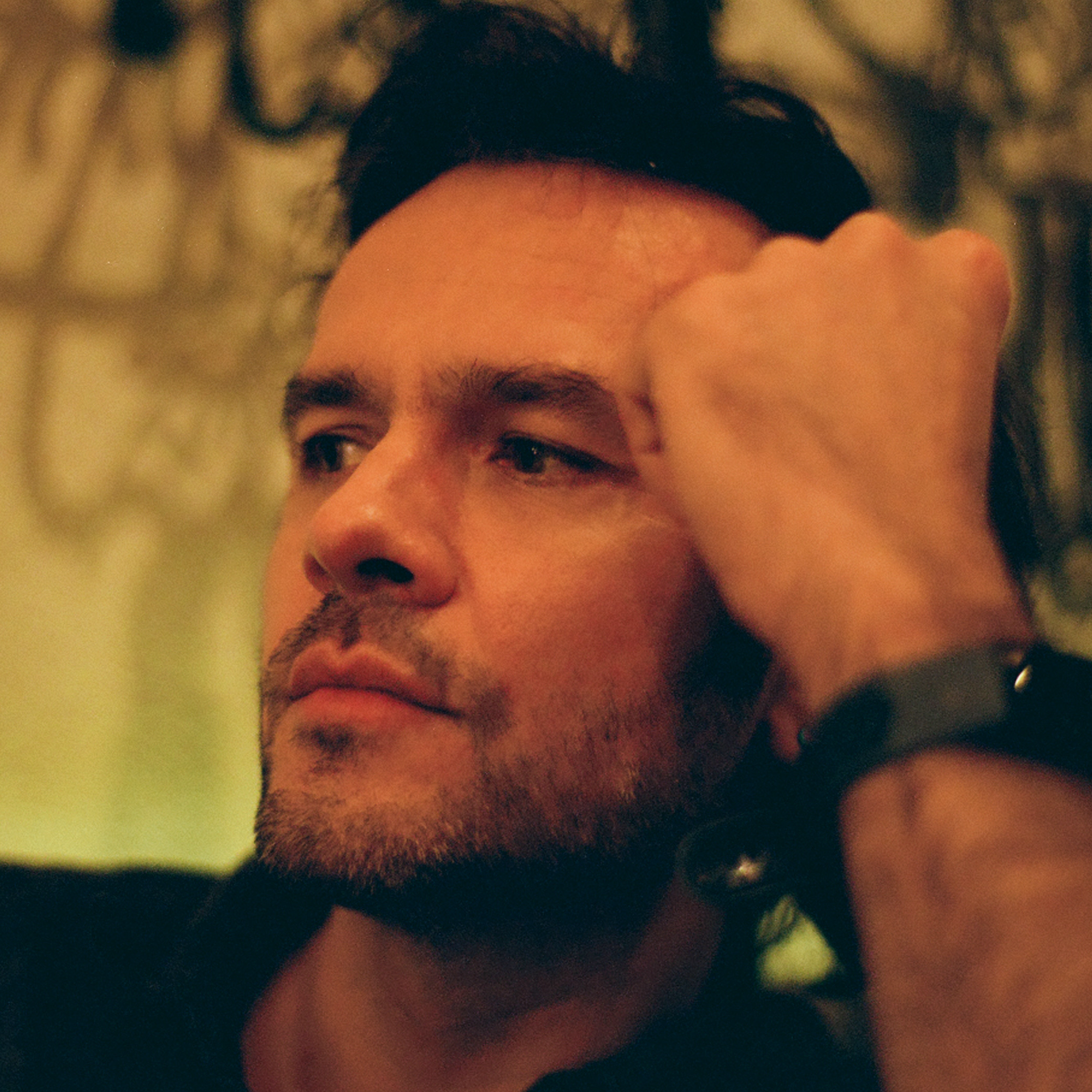
Marcin Imieliński, M.D., Ph.D.
New York Genome Center, Weill Cornell Medicine
June 15th, 2023 - Origin and identity in lung adenocarcinoma evolution
Marcin Imieliński MD, PhD, Associate Professor, Weill Cornell Medicine, Core Member, New York Genome Center, is a physician-scientist whose research is focused on understanding patterns of complex, noncoding, and structural genomic variation in human cancer. As a molecular genetic pathologist, he is also interested in the clinical applications of whole genome sequencing.Prior to joining WCM and NYGC, Marcin Imieliński completed a postdoctoral fellowship with Matthew Meyerson at the Broad Institute, residency and fellowship in molecular pathology at Massachusetts General Hospital and Harvard Medical School, PhD in genomics and computational biology and MD at the University of Pennsylvania, and B.S. in Computer Science from Rutgers College.
The Imieliński laboratory has recently uncovered three novel classes of complex genomic rearrangements by developing novel genome graph approaches to studying cancer structural variation (Cell 2020). They have also applied these methods to delineate SV patterns in telomere crisis (Nature Communications 2021) and lung adenocarcinomas that lack known oncogenic drivers (Cell Reports 2021). Recent work has included the application of long read sequencing to understand cooperativity in high-order 3D genome structure through the development of a new long-read genome-wide proximity ligation assay (Pore-C) and algorithms (Chromunity) (Nature Biotechnology 2022). Previous work (Cell 2017) provided some of the first evidence to link passenger somatic mutations patterns in human tumors to transcriptional states of cancer cells of origin.
His laboratory has developed innovative WGS methods for structural variant assembly (SvAbA, Genome Research 2018) and cancer driver analysis (fishHook, Cell 2017). Dr. Imielinski has an h-index of 57, having contributed to over 100 publications that have been cited over 47,000 times.
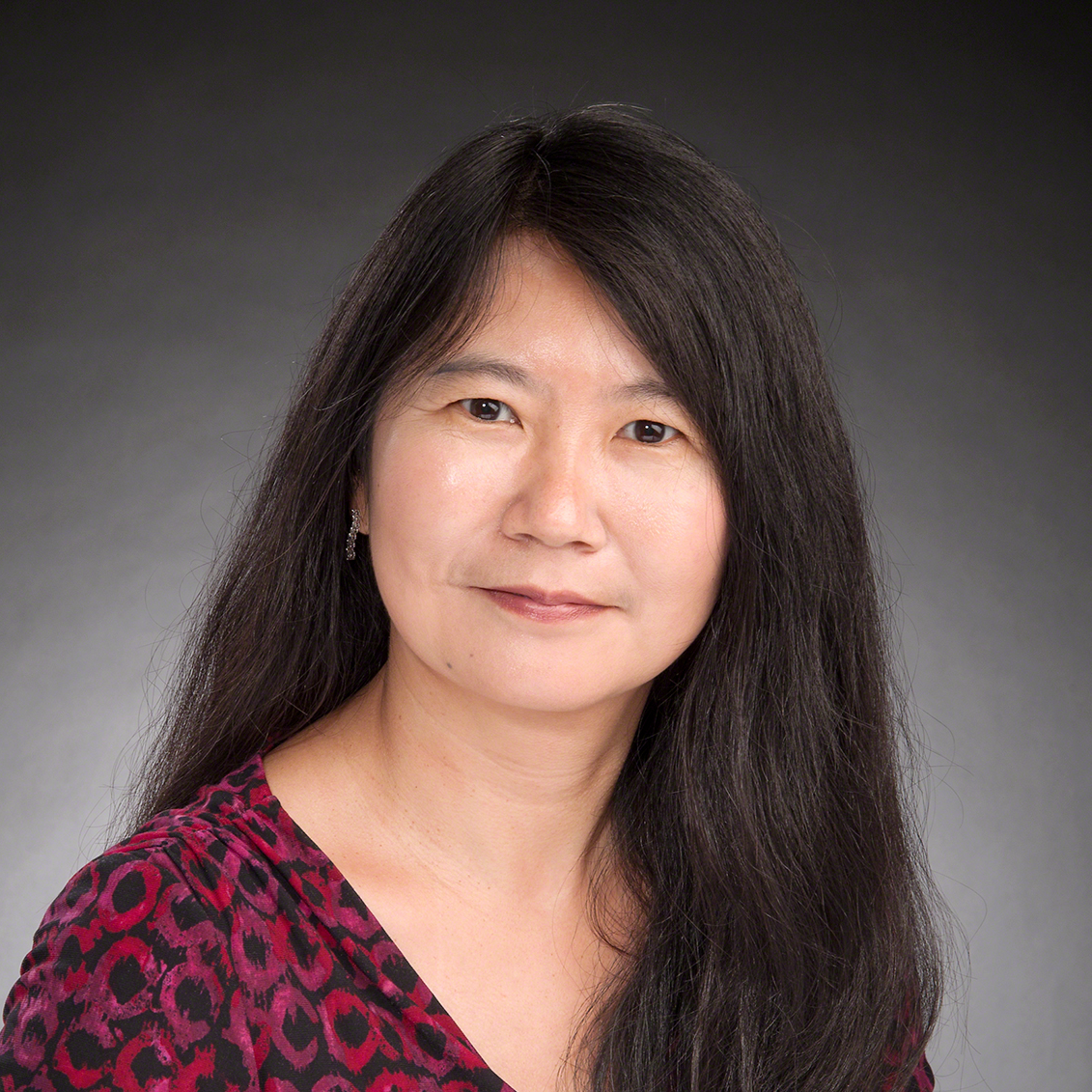
Jinghui Zhang, Ph.D.
St. Jude Children’s Research Hospital - Department of Computational Biology
July 13th, 2023 - Therapy-Related Clonal Evolution in Pediatric Cancer Patients and Long-term Survivors
Dr. Jinghui Zhang is the Chair of the Department of Computational Biology and Endowed Chair of Bioinformatics at St. Jude Children’s Research Hospital. Her research is to understand the effect of genetic alterations on cancer. Her major accomplishments include mapping the landscapes of >20 pediatric cancers; development of novel algorithms leading to discoveries of targetable kinase fusions, novel oncogenic fusions, non-coding driver variants; defining germline cancer predisposition mutations in pediatric cancer; implementing an integrated clinical sequencing pipeline; and performing the first pan-pediatric cancer analysis unveiling striking difference in mutational signature and driver gene landscape of pediatric versus adult cancer.
Her lab has discovered the therapy-related mutational signatures in relapsed acute lymphoblastic leukemia, osteosarcoma and most recently, survivors of pediatric cancer. An advocate for genomic data sharing, she has developed the St. Jude Cloud which now hosts multi-omics data generated from >10,000 pediatric cancer patients. Dr. Zhang is a recipient of the 2019 AACR Team Science Award, was recently selected as a Fellow of the International Society of Computational Biology, and is one of the most highly cited scientists in the last decade with a total of >150,000 citations.